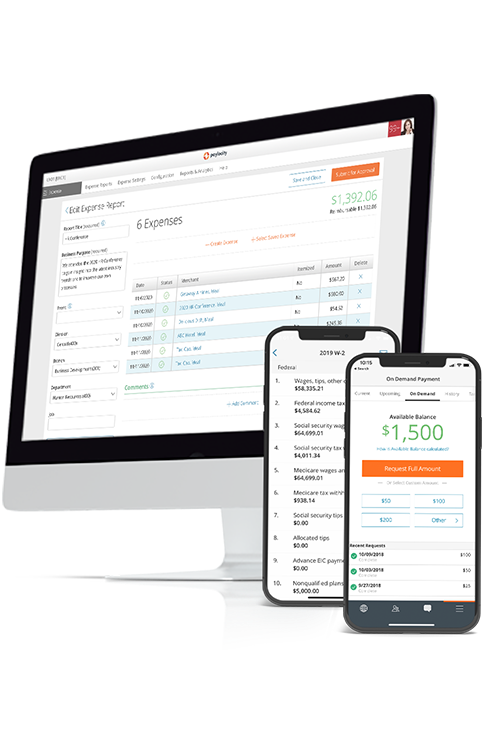Professional Employer Organization (PEO)
Summary Definition: A third-party organization that partners with businesses to streamline a range of employee management tasks, including benefits and payroll.
What is a Professional Employer Organization (PEO)?
A professional employer organization (PEO) is an external firm that provides human resources and payroll services to businesses. This includes things like benefits administration and compliance support, which smaller organizations may not have specialty roles to fulfill.
The first PEOs in the U.S. were created in the 1960s and 70s, and according to the National Association of Professional Employer Organizations (NAPEO), there were almost 500 in operation as of 2022.
Key Takeaways
- A PEO is a specialized HR service provider that partners with businesses to streamline the employment management tasks of that business, such as payroll and benefits.
- PEOs become a business’s co-employer, which means they take responsibility for the agreed upon payroll and benefits tasks. This differs from other HR service providers who instead offer assistance or tools for such tasks, but don’t assume responsibility for them.
- CPEOs are PEOs that have completed the IRS’ certification program, which allows them to also assume responsibility for a business’s taxes.
What Services Do PEOs Offer?
Businesses will typically enter into a co-employment relationship with a PEO via a client services agreement (CSA). This allows the PEO to become the legal employer of the business’ workers and hire them under the PEO’s tax identification number(s). The business then keeps ownership of its daily operations, such as customer service and sales strategies.
Depending on the specifics of the CSA, a PEO could assume responsibility for multiple tasks, including:
- Administrative services for the business’ own HR teams and staff
- Processing employee wages and withholdings
- Tracking the business’s compliance with employment laws
- Helping the business create an employee handbook
How PEOs Differ from Other HR Providers
The key difference between PEOs and other HR providers is the co-employment aspect of a PEO’s relationship with a business.
Other HR providers, such as payroll companies or temp agencies, support a business with its HR and payroll tasks, but the business is ultimately responsible for making sure everything is completed. This means it’s the business, not the third-party provider, who’s in charge of complying with employment and tax laws at the federal, state, and local levels.
PEOs, on the other hand, become "co-employers" with the business, not just partners or advisors. This means it's the PEO who's ultimately responsible for making sure all payroll tasks are completed. Similarly, it’s the PEO who’s in charge of complying with employment laws at the federal, state, and local levels.
PEO Regulations and Certifications
In addition to the industry’s trade association (NAPEO), the Employer Services Assurance Corporation (ESAC) provides accreditation that vouches for a PEO’s reliability, ethical conduct, and financial stability.
Moreover, the Internal Revenue Service (IRS) administers a voluntary certification program that confirms a PEO’s legal and ethical operations. It also allows businesses to delegate tax responsibilities and liabilities (e.g., remitting withheld amounts or filing annual returns) to the Certified PEO (CPEO) in addition to standard employment and benefits responsibilities.
Pros and Cons of Using PEO Companies
| Advantages | Disadvantages |
|---|---|
| PEOs sometimes have better benefits packages, or similar coverage at lower prices, which benefits both the business and its employees. | There’s less flexibility in selecting benefits since businesses and employees must choose from the providers the PEO uses. |
| Using a PEO gives a business more time and energy to focus on other operations and priorities. | Partnering with a PEO is an added cost for a business. This can be calculated in different ways, such as a percentage of the business’s overall payroll or the number of employees. |
| PEOs often have compliance experts on staff who can help businesses monitor their status and potential risks. | The company’s workplace culture may suffer due to an external agency taking over tasks normally done by internal staff. |

